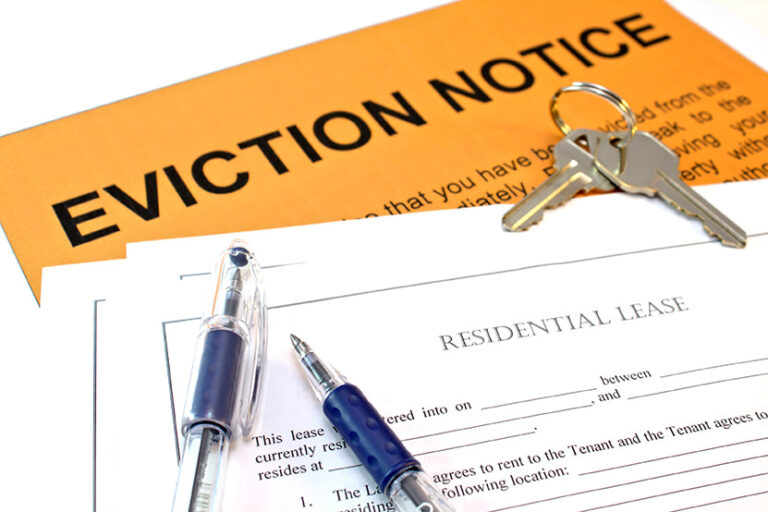Delaying a California Eviction by Requesting a Stay Due to Hardship
California tenants can avail themselves of many different methods to delay an eviction. One of the most common tactics utilized by tenants is to rely on California Code of Civil Procedure section 918 to stay enforcement of Writ of Possession typically issued by the Court after entry of judgment against the tenant. To do so, the tenant must establish extreme hardship if the stay is not granted. Here is an overview of what constitutes a hardship under Section 918 and some suggestions on how to go about opposing such a request.
What Constitutes a Hardship
CCP 918(a) gives the trial court authority to “stay (i.e. stop) the enforcement of any judgment or order” entered by the trial court. In eviction cases, this provision can allow tenants to delay eviction proceedings under certain circumstances. An eviction stay of execution due to hardship under CCP 918 in California may be granted if the tenant satisfies the court that extreme hardship would occur but for the temporary delay. “Hardship” is not defined in the statute. Examples of hardship to stay an eviction include:
- The tenant is sick, elderly or disabled,
- The tenant has secured a new place but cannot immediately move in
- Sudden loss of income
- Serious illness or injury
- Death in the family
- Natural disasters affecting the tenant’s finances
- Documented job loss or significant reduction in work hours affecting rent payment
Opposing a Hardship Request
Deciding a hardship request typically involves the balancing of the equities between the parties. Accordingly, the most effective method of opposing a hardship request is to show how you will be prejudiced by the granting of such a request. This usually needs to go beyond prejudice resulting from not being able to receive rent for the property, as the courts typically condition granting the request on the tenant’s deposit of rent money with the court to cover the stay period ordered by the judge.
If the hardship reasoning is weak, you can oppose the request by pointing out the weakness. Eviction causes hardship for all tenants being evicted, so the tenant should have to show more than the hardship caused by the eviction itself in order to prevail.
You can also oppose the motion by arguing that if a stay is granted it should be short, i.e. no longer than a week to ten days. Under the statute, the court has the authority to stay enforcement of the writ for up to 40 days.
Please contact Lynx Legal with any questions regarding the above, and for all of your eviction needs. We can be reached at 888-441-2355 or info@lynxlegal.com. Our experienced staff is standing by to take your order or answer any inquiries you may have.
